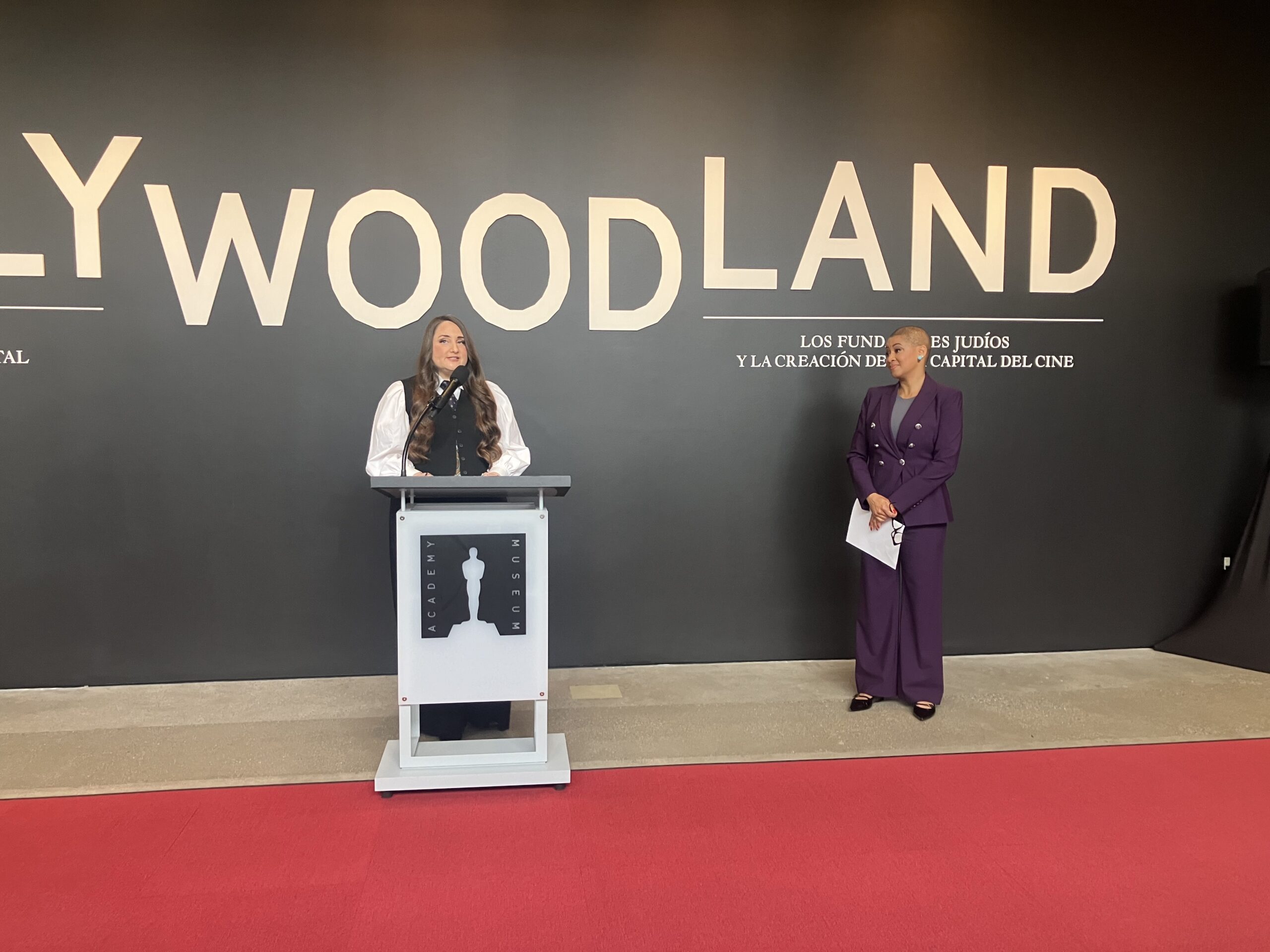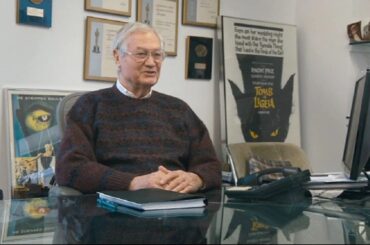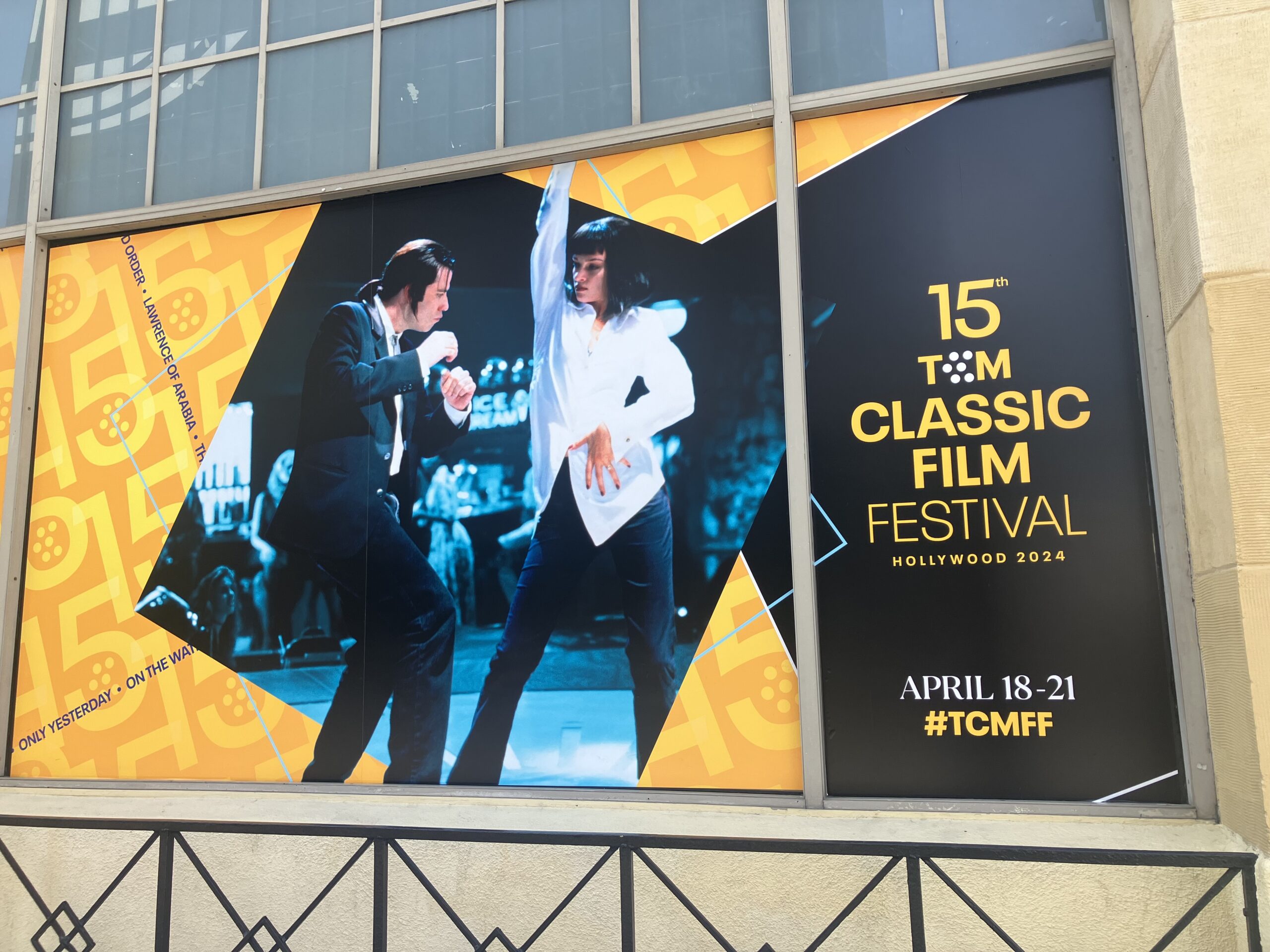Edward Zwick’s memoir just might be his masterpiece. Time will tell. After all his years in the business, “Hits, Flops, and Other Illusions” is without question his most personal. Nobody leaves a grand Zwick epic and thinks they got really close to the filmmaker from watching it, whether it’s Glory or The Last Samurai. We do, in a sense, of course, since it’s his instincts and taste on display. We often associate personal with self-confessional, though, which… Zwick’s book is and isn’t. Without question, it’s packed to the brim with valuable filmmaking lessons.
Similar to Sydney Lumet’s all-timer, “Making Movies,” Zwick reveals the most about himself without overtly revealing himself. He tells us who he is by how he works. And he is a passionate, sometimes self-admittedly pretentious, guy who simply likes to tell stories. Maybe “Hits, Flops, and Other Illusions” isn’t that simple, though.
What’s obvious, though, is that it’s simply an exceptional memoir about making movies. The page-turner appeals to either an aspiring filmmaker or avid moviewatcher. With honesty, sometimes unflattering but always captivating, Zwick tells audiences how the sausage is made.
Right off the bat, the director prepares the reader for all the namedrops. They’re there for a reason, not just for the juicy gossip. A key supporting player in Zwick’s journey is Sydney Pollock, the elastic mind behind Three Days of the Condor, Tootsie, and The Yakuza. He was a mentor to Zwick. Their relationship is a major part of the memoir’s heart. Thankfully, Zwick shared 10 filmmaking lessons he learned from the beloved director and always reliable actor.
Words, Words, Words
“Certain actors can’t do speeches. Dialogue defeats them. They’ve made a career out of being the strong, silent type for a reason. Don’t despair. Cut the scene in your head as you shoot: Takes one through three for the first half, Takes four through seven for the finish. It’s why God invented the cutaway.”
In The Presence of Greatness
“Certain actors are incapable of doing anything that isn’t great. It may not be what you expected, but it’s often better than you imagined. You watch, open-mouthed, and when the scene ends, the set is silent. You relize you’ve forgotten to say ‘Cut.’”
“Can I Move?”
“Consider the scene in Butch Cassidy when Redford asks Strother Martin, “Can I shoot?’ Certain actors are like great gunfighters: they can’t be locked into rigid blocking. It kills their spontaneity and their spirit. Plan your blocking ahead of time but be prepared to let go of your expectations and experience life as it happens. Sundance hit the can every time.”
Brave New World
“You’ve loved the actor’s work for years. He doesn’t look great on Day One but maybe it’s the lighting. Day Two is worse. ‘Don’t worry,’ says the producer, ‘we’ll fix it digitally. No more wrinkles, a few less pounds. It’s a line item now.’ Dorian Gray lives.”
The Cutting Room Floor
“There’s gold to be found in the outtakes before you said ‘Action’ or afraid you said ‘Cut.’ Before moving on, try shooting a take where the actors do it without any dialogue. You’ll be surprised with what you find. There was great acting long before there was talkies.”
To learn the other five filmmaking lessons, titled Ten Tips From Long Lunches with Sydney, go read “Hits, Flops, and Other Illusions.”





